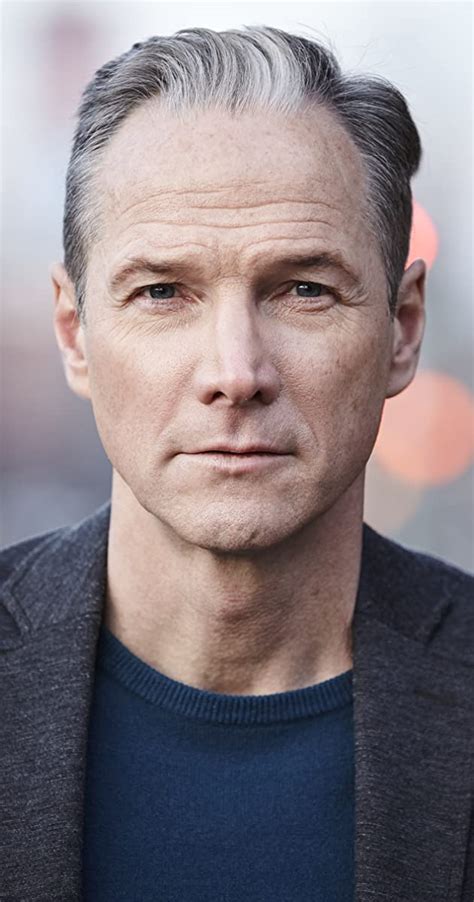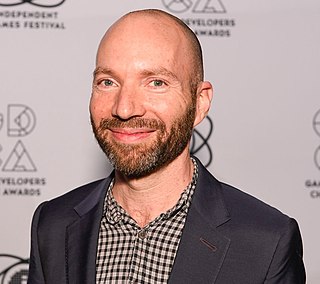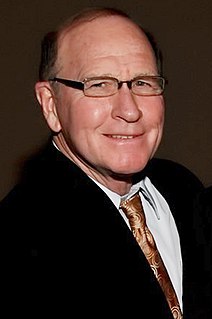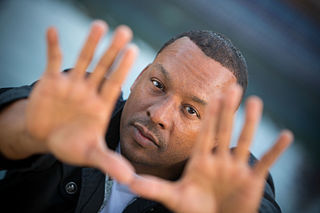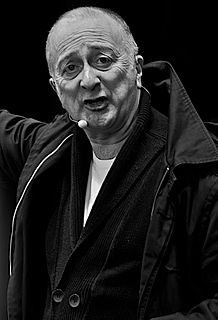A Quote by Gareth Southgate
Very often, you can go into one game and do really well, and then you have to find that level of performance so quickly again.
Related Quotes
Loss aversion is a really disproportionate anxiety about stuff that doesn't matter very much. So for instance, if you lose $5, you feel really bad about the $5 you've lost. You're cursing yourself. You're going through it again and again. If, on the other hand, you find $5, you go - hey, great, five bucks. And you've forgotten about it really quickly.
What we're seeing at the moment is people being radicalised or adopting Islamist, murderous Islamist ideology very, very quickly so that you have people that are not on the counterterrorism radar screen who then often, as a result of mental illness, will then attach themselves to this murderous ideology and then act very quickly.
It's a group of men - Conor included - everyone is so collaborative and cooperative, kind, considerate, very professional. And they know their craft. They know it very very well. There's no room for messing around. It's not messy at all. When I go in at this level, when I get the opportunity to play and work at this level, it's at the top of the game. I think, in life, we rise to whatever the bar is. I've been fortunate to rise with them.
The thing about theater that always and still kind of makes me edgy is that you work and work and work and work, and then you're just in performance mode, and then you have to just be on; the work is done, and then you just have to do it over and over again, so you're just constantly at that performance level.
It's interesting because the way J.J. cuts - we're very close with our editors as well, so it's kind of the first cut and then he went back and started tightening things up, etc, then loosing things when it was too tight. Then you start watching it and you start figuring out performance - not performance, character-wise I should say, who you're really able to follow, whose journey is harder to follow, and you make all that work.
Well, outside of the tone, the big thing that I gained from working on horror film was how to shoot really quickly with no money. I learned how to be able to go into a production and know exactly what shot I need to get and how the shot needs to look and what performance I need to get out of the talent at a very quick pace.




